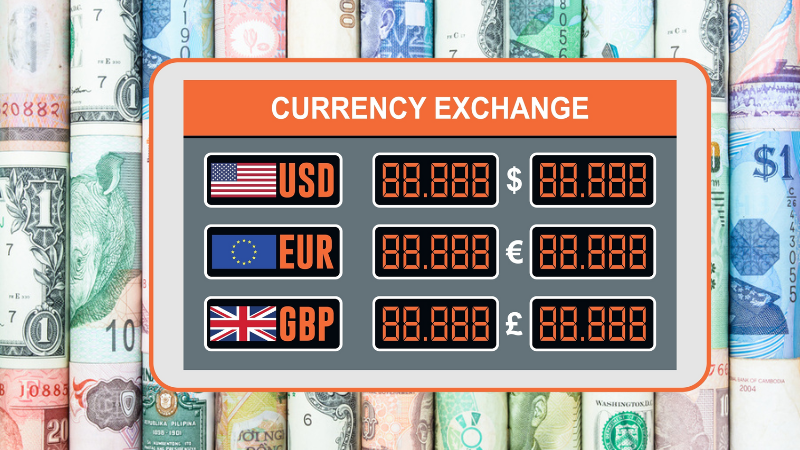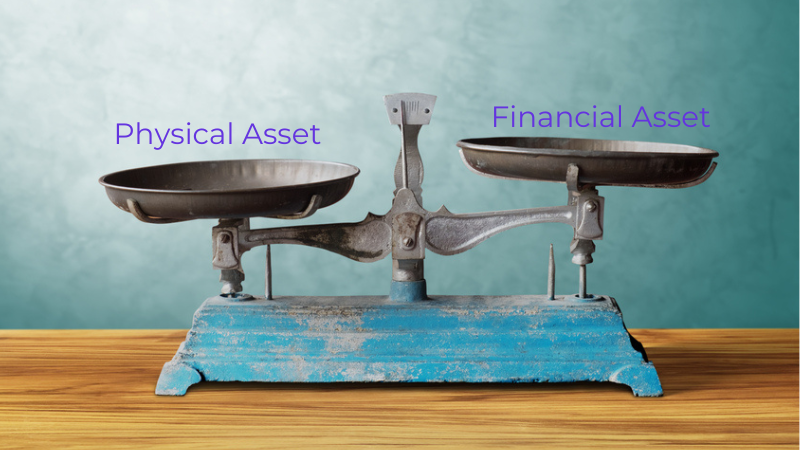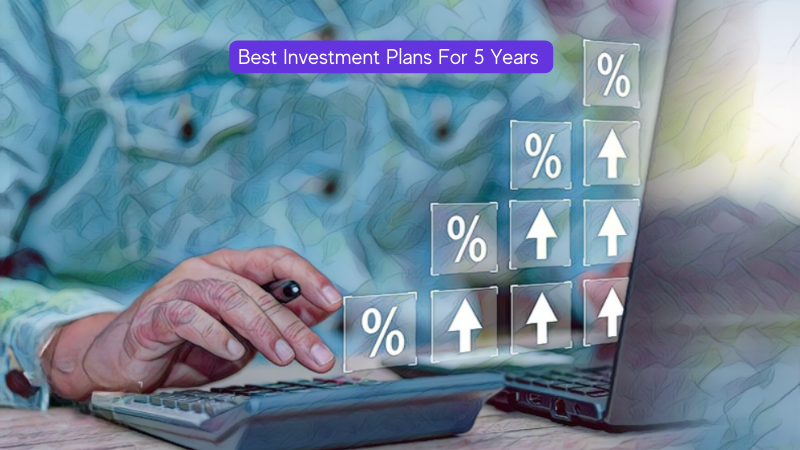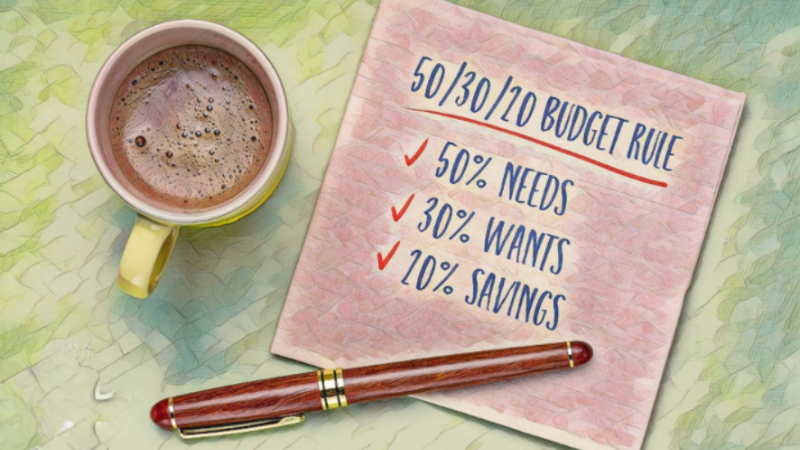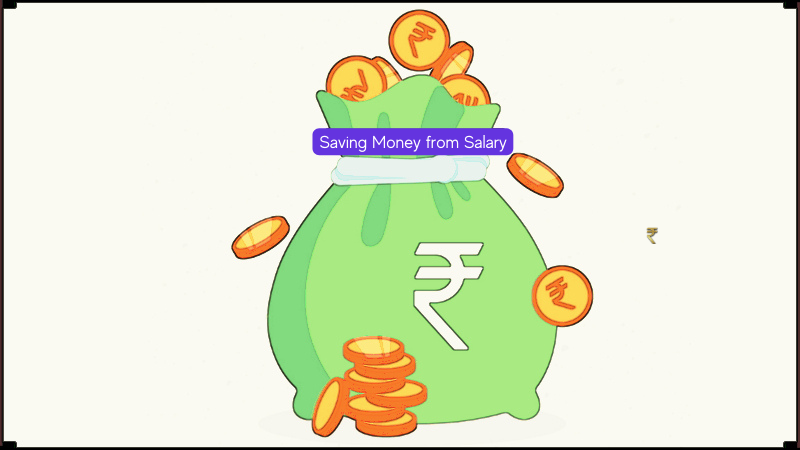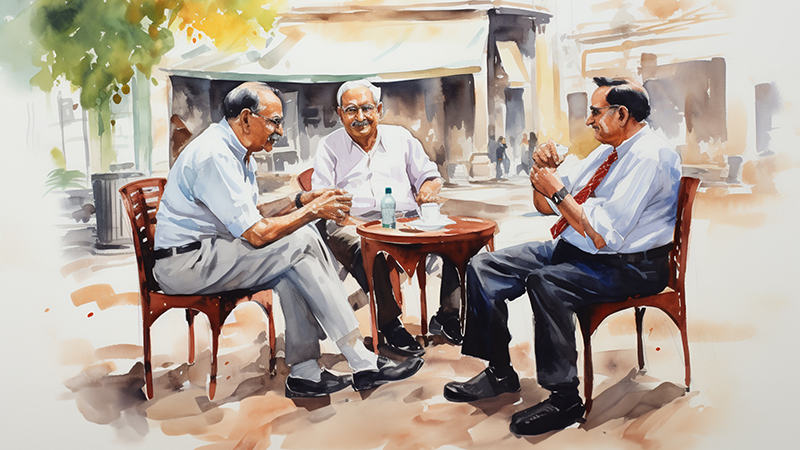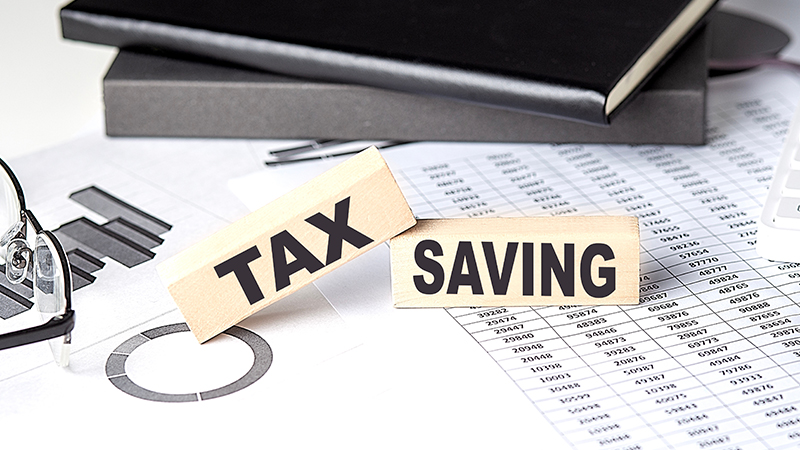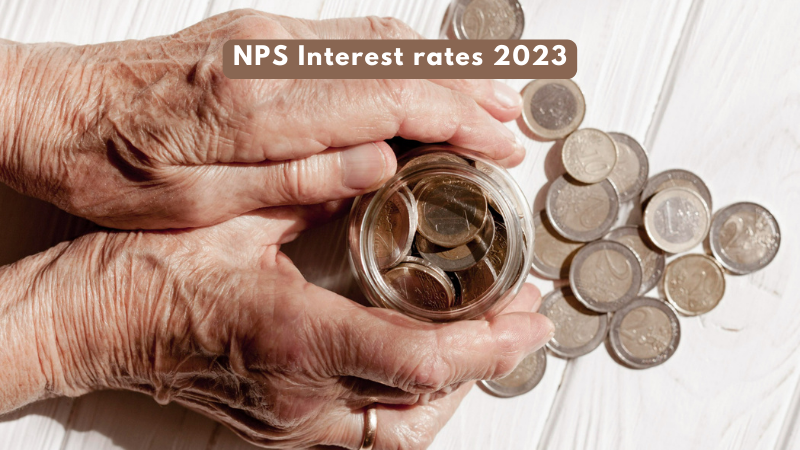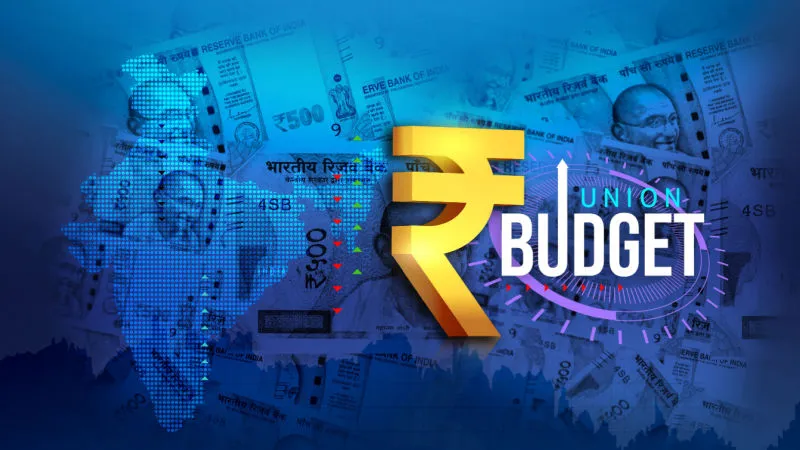
Introduction
All eyes are on Feb 1, 2023 when the Union Budget is presented by Finance Minister Nirmala Sitharaman for the fiscal year 2023-24. The Union Budget is crucial for everyone in the country, including taxpayers, businesses, government, and the economy in general.
As we await the budget presentation, let’s have a look at the top 6 interesting facts about the union budget.
India’s 1st Budget
India’s 1st budget was presented in 1860 by Scottish economist & politician James Wilson. Post independence, the then Finance Minister Mr RK Shanmukham Chetty presented India’s 1st Budget on 26th November 1947.
Who puts together the budget?
The primary responsibility of drafting the Union Budget lies with the Department of the Economic Affairs, which is part of the Ministry of Finance. The final Budget is put together by experts of the Ministry of Finance, the spending ministries, and NITI Aayog.
The budget drafting process also involves multiple consultations with the Department of Expenditure, Union Ministries, stakeholders including economists, farming communities, FIIs, investors, etc.
New-age budget
Historically, the copies of every budget were preserved and protected as a tradition. However, this practice was discontinued with Budget 2021 which was presented by FM Nirmala Sitharaman digitally. As a continuation of new-age practices, Union Budget 2022 was also presented digitally with no usage of paper. This practice was also aligned with the government’s Digital India campaign.
The long and short of budget
The country’s longest budget speech was presented by Finance Minister Nirmala Sitharaman in 2021 with a record time of 2 hours and 40 minutes. Interestingly, this broke her own record of 2 hours 17 minutes required for presenting Union Budget 2020.
India’s shortest budget speech of only 800 words was delivered in 1977 by then finance minister Hirubhai Mulljibhai Patel.
Dream budget
The Union Budget of 1997-98 is considered India’s dream budget as it announced a significant lowering of tax rates. From a high rate of 40% to a low of 30% for individuals, the budget also announced lowering of tax rates to 35% for domestic companies. Apart from simplified excise duty structure, customs duty was also cut down to 40%.There were also various tax reforms announced in this budget including a voluntary income scheme disclosure for recovery of black money.
Conclusion
Taxpayers are keen to hear about major tax reforms in the upcoming budget, especially surrounding income tax rate changes. Experts are expecting Finance Minister Nirmala Sitharaman to announce significant changes focused around fiscal consolidation. With rising interest rates and tax burden, Budget 2023 will be one of the most awaited and important in deciding India’s economic future amid global slowdown.
FAQs
Union budget is an estimate of the government’s revenues and expenses during a specified period, generally one year. It is the annual financial statement of the country.
Taxpayers must pay close attention to the announcement of Union budget since it details out the applicable tax rates and tax slabs as per which taxpayers must pay tax on their income.
The Union Budget speech generally lasts between 90-120 minutes.
The Finance Minister presents the Union Budget every year in Parliament on the very first day of February.














